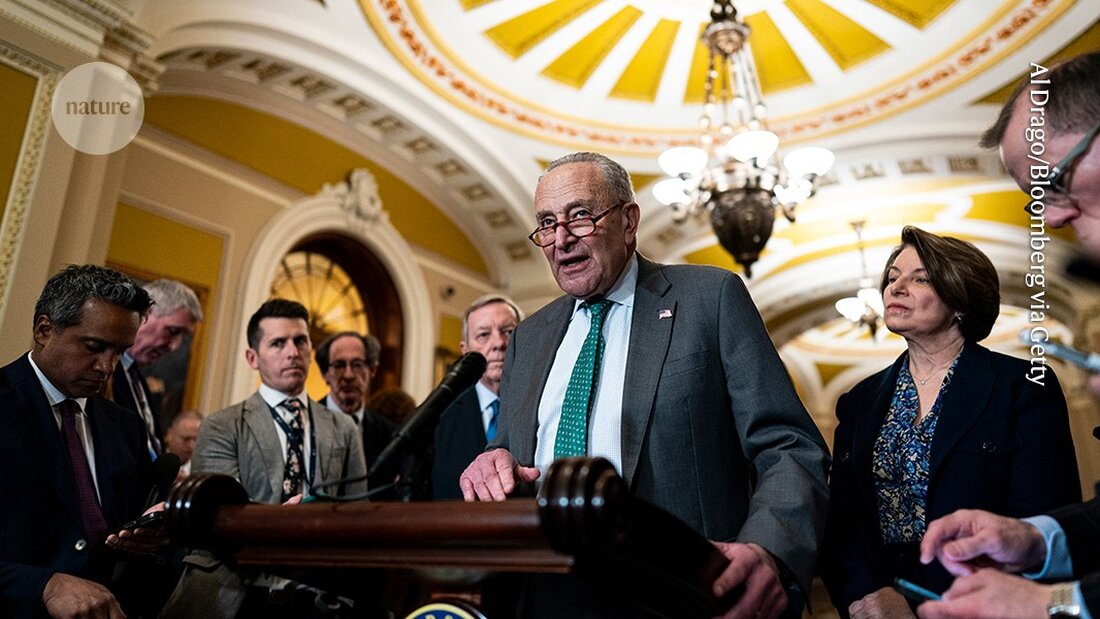Outlook for the future of US science: funding law prevents government shutdown
The US is averting a government shutdown, but modest cuts to science funding remain. What does this mean for research?

Outlook for the future of US science: funding law prevents government shutdown
The U.S. government averted a shutdown late last week after President Donald Trump signed a spending deal that is expected to enshrine modest cuts in science funding this year. Nevertheless, a major crisis for science lies ahead, as the Trump administration and Republicans in Congress make massive cuts in the federal budget for 2025 and subsequent years.
If federal spending follows current trends, the "continuation bill" passed March 15 means total research and development spending in the current fiscal year ending Sept. 30 is expected to be about $193 billion — a relatively modest 3.5% decline compared to last fiscal year's spending, according to the American Association for the Advancement of Science (AAAS). in Washington DC. Part of these cuts comes from the budget of the US National Institutes of Health (NIH), the world's largest funder of biomedical research. The spending deal includes a 67% reduction in funding for the agency through the 21st Century Cures Act, which includes investments in the 2016 Cancer Moonshot program and the Brain Research through Advancing Innovative Neurotechnologies (BRAIN) initiative; Total spending under the law will decrease by $280 million to $127 million.
The spending project, designed entirely by Republicans in Congress, omits many of the usual line items that determine agencies' open funds. This allows the Trump administration the freedom to decide where the money goes — one of the reasons many Democrats in Congress threatened to shut down the government rather than vote for the bill. Late last week, however, a small group of Democratic senators, including Senate Minority Leader Chuck Schumer of New York, voted against the rest of the party and pushed forward legislation to keep the doors of government open.
Whether the Trump administration will actually spend the money allocated in the continuation agreement remains to be seen. In the two months since Trump took office, his team has reviewed previous congressional spending bills ignored and Federal funds frozen as well as ended, including those from the NIH that the administration does not support. The latest spending deal is unlikely to change that dynamic, says Jennifer Zeitzer, who directs the public affairs office at the Federation of American Societies for Experimental Biology in Rockville, Maryland. “We are in a different era right now where nothing is normal.”
Policy experts say the Trump team may still try to cut this year's budgets with a legislative package of "reversals" -- implemented through a process separate from the budget process used to fund the government. That would be the easy — and legal — way for the White House to push through many cuts to this year's budget, policy observers said.

 Suche
Suche
 Mein Konto
Mein Konto
